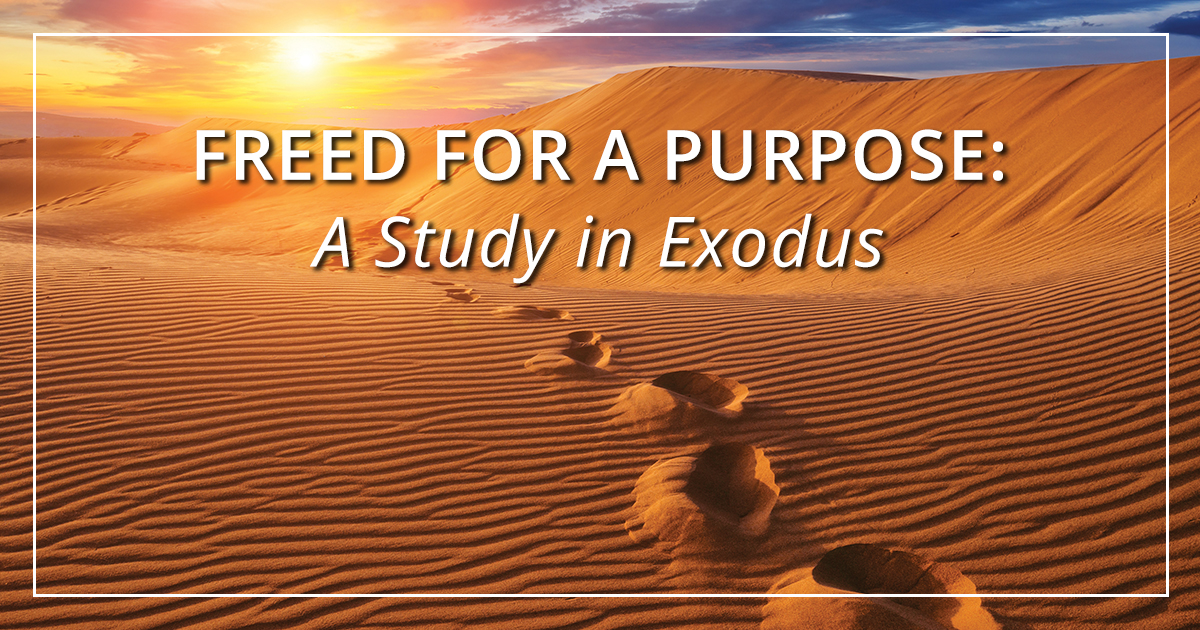In 2003, the Xinjiang region in northwestern China experienced a devastating plague of gerbils. The “great gerbil” of Central Asia can grow up to 16 inches long and is basically a large rat. Hordes of them devoured eleven million acres of grassland, an area about the size of Switzerland.
Plagues can do a huge damage in a very short period of time. That was certainly the case in today’s reading. The fifth plague killed livestock all over Egypt— except for Goshen. Pharaoh verified this fact, but it didn’t alter his response. The sixth plague of boils affected people and the remaining animals. The seventh plague of hail wiped out most crops and animals left from the previous plagues. In that instance, the Egyptians were given a merciful warning to take shelter. Some heeded it, some didn’t.
Similar to the pattern described yesterday, note several developments. First, while somehow the Egyptian magicians had been able to replicate the first two plagues, they’d been unable to end or reverse any of them. In fact, they themselves got a bad case of the boils (v. 11)! God’s power was clearly greater. Second, the faith of the Israelites grew stronger as they witnessed God act on their behalf, protecting the land of Goshen starting with the fourth plague. Third, Moses was learning about the power of intercession. His prayers and obedience often played a role in God’s timing for starting and stopping the plagues.
What was the larger purpose behind these wonders? As God told Pharaoh, “that I might show you my power and that my name might be proclaimed in all the earth” (v. 16; see Rom. 9:16–18). His intention was to make known His name and power to all, whether Israelite slaves or a proud Egyptian king.
Pray with Us
Today we invite you to pray for Moody’s vice president of Human Resources, Debbie Zelinski, and the staff she leads. They work hard to help provide employees and faculty with a thriving work environment and rewarding ministry experience.








